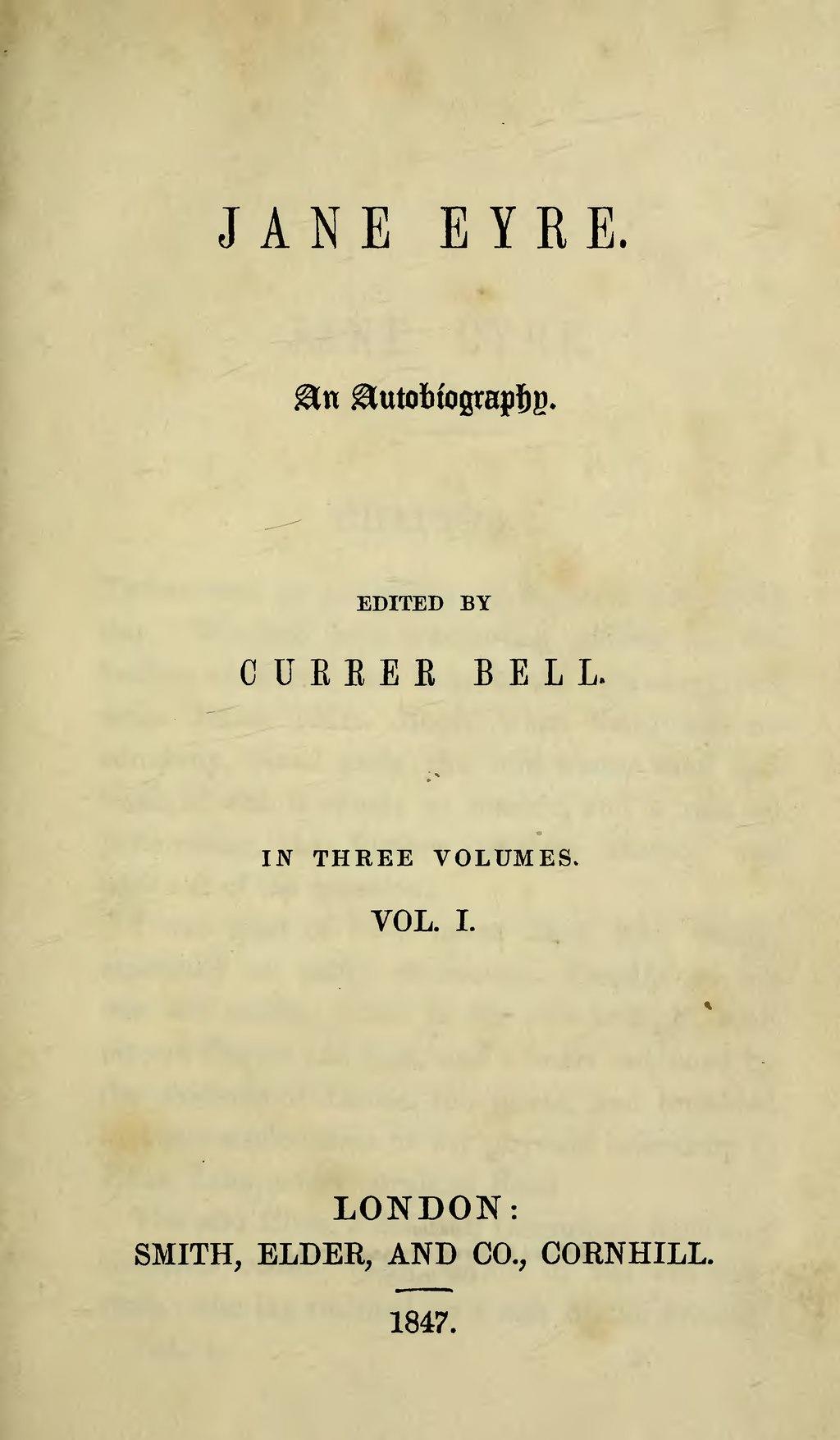
Jane Eyre, written by Charlotte Brontë and published in 1847, is a novel renowned for its rich exploration of various themes, offering a nuanced portrayal of Victorian society and the complexities of human relationships.
Jane Eyre delves into the themes of gender roles, love and family, religion and spirituality, and society and class, weaving them together to create a multifaceted narrative that resonates with readers across generations. This was a time when female authors were still very much suppressed, which is something that could even be seen within the themes of Brontë’s writing.
Jane Eyre is a clever vehicle for Brontë as it takes an autobiographical form, allowing her to explore themes through another character, our protagonist.

Gender Roles
One of the central themes in Jane Eyre is the exploration of gender roles and the struggle for female autonomy in a patriarchal society. Through the character of Jane Eyre, Brontë challenges traditional notions of femininity and asserts the right of women to assert their independence and agency.
Despite being orphaned and disadvantaged, Jane Eyre doesn’t conform to societal expectations of docility and submission, instead asserting her intellect, resilience, and sense of self-worth. Jane's refusal to be defined by her gender is evident in her interactions with male characters such as Mr. Rochester, whom she challenges and confronts as an equal.
Similarly, the character of Bertha Mason serves as a stark contrast to Jane, representing the repressive and destructive consequences of patriarchy on women who dare to resist its confines.
Overall, Brontë uses Jane Eyre to advocate for gender equality and to critique the restrictive gender roles imposed on women in Victorian society:
“I am no bird; and no net ensnares me; I am a free human being, with an independent will; which I now exert to leave you.”
Love and Family
Love and family are central themes in Jane Eyre, driving much of the novel's plot and character development. At its heart, Jane Eyre is a love story between the titular character and Mr. Rochester, with all of its complexity, passion, and moral dilemmas. Despite their class differences and societal obstacles, Jane and Rochester's love transcends social conventions, challenging the reader to reconsider the nature of romantic relationships and the role of love in shaping individual identity.
Additionally, the theme of family is explored through Jane's quest for belonging and acceptance. Orphaned at a young age and mistreated by her relatives, Jane yearns for a sense of familial connection. A sad recollection from Jane talks about directing her love towards her doll, desperate for a human to love and cherish:
“To this crib I always took my doll. Human beings must love something, and, in the dearth of worthier objects of affection, I contrived to find a pleasure in loving and cherishing a faded graven image, shabby as a miniature scare-crow…I could not sleep unless it was folded in my night-gown; and when it lay there safe and warm, I was comparatively happy, believing it happy likewise.”
She eventually finds solace in her relationships with figures such as Helen Burns, Mrs. Reed, and the Rivers siblings. Ultimately, Jane finds a sense of belonging in her reunion with Rochester and the formation of her own family, emphasising the transformative power of love and the resilience of the human spirit.
Religion and Spirituality
Religion and spirituality are also big themes throughout Jane Eyre, influencing the characters' moral compasses and guiding their actions throughout the novel. Jane's upbringing at Lowood School, a harsh and oppressive institution run by the cruel Mr. Brocklehurst, instils in her a sense of piety and moral righteousness.
When Jane is young, she witnesses her friend Helen Burns die in her arms, and the author uses this to further explore religion and belief in a god:
“I am very happy, Jane; and when you hear that I am dead you must be sure and not grieve: there is nothing to grieve about. We all must die one day, and the illness which is removing me is not painful; it is gentle and gradual: my mind is at rest…By dying young I shall escape great sufferings…I believe; I have faith: I am going to God.”
Helen Burns
However, Jane's faith is tested when she encounters hypocrisy and injustice within the church hierarchy, prompting her to question the validity of religious institutions and the nature of divine providence.
Despite her scepticism, Jane maintains a personal faith grounded in principles of compassion, forgiveness, and integrity, which inform her interactions with others and shape her moral decisions.
Additionally, the character of Mr. Rochester grapples with issues of redemption and atonement, seeking spiritual renewal and salvation in the aftermath of his past transgressions and moral urges he has given into.
Through many of her characters' journeys, Brontë explores themes of sin, forgiveness, and the search for spiritual fulfilment, offering a nuanced portrayal of faith and morality at the time.
Society and Class
The theme of society and class permeates Jane Eyre, reflecting the rigid social hierarchies and inequalities of Victorian England. As an orphaned governess, Jane occupies a precarious position within the class structure, situated between the lower classes of servants and the aristocratic elite. Social climbing was not something that was so common in this era.
Throughout the novel, Jane confronts the injustices of class prejudice and discrimination, challenging the notion that one's worth is determined by social status or lineage. Her relationship with Mr. Rochester, a wealthy and aristocratic landowner, serves as a focal point for exploring the dynamics of class difference and power imbalance. Despite their love for each other, Jane and Rochester must navigate the obstacles imposed by their disparate social positions, highlighting the limitations imposed by societal norms and expectations.
Additionally, the character of Bertha Mason, confined to the attic as Rochester's mad wife, is often thought to symbolise and represent the marginalised and voiceless members of society who are cast aside and forgotten.
''Bertha Mason is mad; and she came of a mad family; idiots and maniacs through the generations! Her mother, the Creole, was both a madwoman and a drunkard!'
Mr. Rochester
Through Jane Eyre's critique of class oppression and injustice, Brontë advocates for social reform and the recognition of individual worth beyond societal labels and conventions.
Summary
Jane Eyre is a literary masterpiece that continues to be studied as a masterful use of certain themes including gender roles, love and family, religion and spirituality, and society and class. Many have called this a feminist book, and most agree on its significant impact on the world of literature.
Through the character of Jane Eyre and her interactions with the world around her, Charlotte Brontë offers a profound meditation on the human condition, religion, and the enduring struggle for freedom, and gender equality, as well as dealing with other issues.. By weaving together these thematic threads, Brontë creates a narrative that transcends its Victorian origins, resonating with readers of all ages and backgrounds with its universal themes and enduring relevance.
Summarise with AI:













